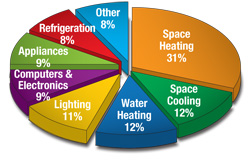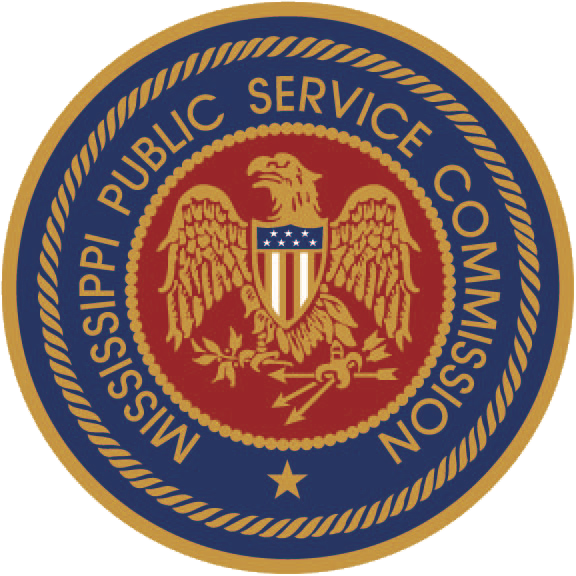About the PSC
Please visit this FAQ for a brief description of the duties and authority of the Public Service Commission.
Questions about the No Call Program? The No Call program has been moved to the Attorney General's Office. Please visit this page.
Financial Assistance*
LIHEAP - The Low Income Home Energy Assistance Program (LIHEAP) helps low income households, primarily in meeting their immediate home energy needs.
Weatherization Assistance Program (WAP) - WAP funds are used to improve the conditions of eligible low-income clients' homes. The program is designed to reduce home heating and cooling costs by improving energy efficiency and ensuring health and safety. Priority is given to low-income elderly and disabled individuals.
Lifeline and Linkup Programs - Lifeline and Link-Up are programs that help ensure everyone has access to telephone service. These programs provide discounts to income-eligible individuals for both the initial installation costs of telephone service and for monthly telephone bills.
* The Public Service Commission does not provide financial assistance to consumers. We can facilitate consumers in finding financial assistance offered by other government entities.
Tax Incentives
Consumer Energy Tax Incentives
Electric Vehicle Tax Incentives in Mississippi
Mississippi Incentives for Renewables and Efficiency
Energy Efficiency and Conservation
Consumer’s Guide to Energy Efficiency and Renewable Energy
Energy Star is a joint program of the U.S. Environmental Protection Agency and the U.S. Department of Energy helping us all save money and protect the environment through energy efficient products and practices.
Energy Cost Calculators:
Energy Savers is the US Department of Energy’s site for energy-saving tips for consumers.
Going Green at School - Conservation tips for going green at school
Careers in Energy - Find energy jobs in Mississippi
Home Energy Audits
Your Home's Energy Use
The first step to taking a whole-house energy efficiency approach is to find out which parts of your house use the most energy. A home energy audit will pinpoint those areas and suggest the most effective measures for cutting your energy costs. You can conduct a simple home energy audit yourself, contact your local utility, or call an independent energy auditor for a more comprehensive examination. A home energy audit is the first step to assess how much energy your home consumes and to evaluate what measures you can take to make your home more energy efficient.
How We Use Energy in Our Homes

Heating accounts for the biggest chunk of a typical utility bill.
